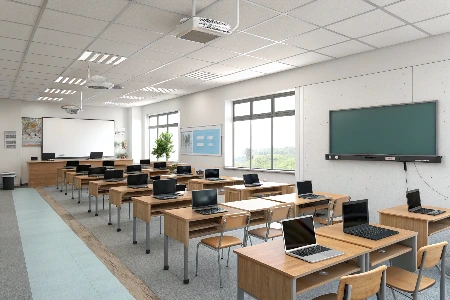Educators across the nation are raising alarms about the deepening disparities in learning outcomes, as socioeconomic and technological divides continue to affect students’ access to quality education. From urban classrooms to rural schools, teachers report growing challenges in bridging the academic and emotional gaps that widened during and after the pandemic.
Learning Inequality Reaches New Heights
Despite increased investment in digital infrastructure and educational reforms, many students remain disadvantaged due to inconsistent internet access, limited resources, and unequal support systems. Teachers emphasize that while some schools have adapted to hybrid learning with ease, others are struggling to keep pace—resulting in a two-tiered education landscape.
Educators Call for Systemic Support
Teachers’ unions and education boards are urging policymakers to take immediate action to address these disparities. Key demands include improved teacher training, enhanced mental health support for students, and equitable distribution of technology. “We’re not just teaching lessons—we’re trying to close gaps that are growing faster than we can manage,” said one high school educator.
Technology: A Double-Edged Sword
While digital tools have expanded opportunities for interactive learning, they have also exposed stark differences in students’ home environments. Educators note that without proper guidance and support, technology can amplify inequality rather than solve it.
A Call for Inclusive Reform
Experts argue that meaningful progress requires collaboration between governments, schools, and communities. As teachers continue to voice their concerns, the message is clear: ensuring equitable access to quality education is not just a policy priority—it’s a moral imperative shaping the future of the next generation.


